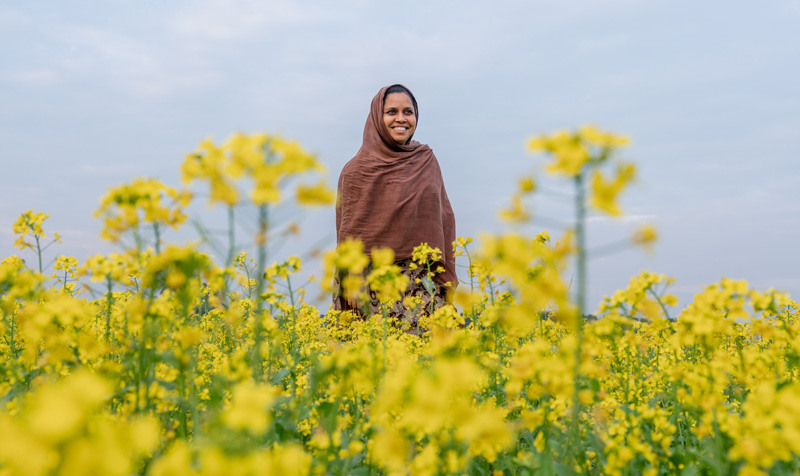-
Our Work

Association for Land Reform and Development (ALRD)
Association for Land Reform and Development (ALRD) was established in January 1991 as a single focused Rights based independent National Policy Advocacy and Networking Organisation committed to the promotion and strengthening of land rights and agrarian reform.
-
Our Commitments

Association for Land Reform and Development (ALRD)
Association for Land Reform and Development (ALRD) was established in January 1991 as a single focused Rights based independent National Policy Advocacy and Networking Organisation committed to the promotion and strengthening of land rights and agrarian reform.
-
Knowledge

Association for Land Reform and Development (ALRD)
Association for Land Reform and Development (ALRD) was established in January 1991 as a single focused Rights based independent National Policy Advocacy and Networking Organisation committed to the promotion and strengthening of land rights and agrarian reform.
Explore our knowledge
- Events
- News
-

- Media Coverage
- Our Stories/Champions
- Partners’ Initiatives
- Our Projects
- Training Registration
- Member Registration
- Partner Registration
- Contact Us
- EN
-

